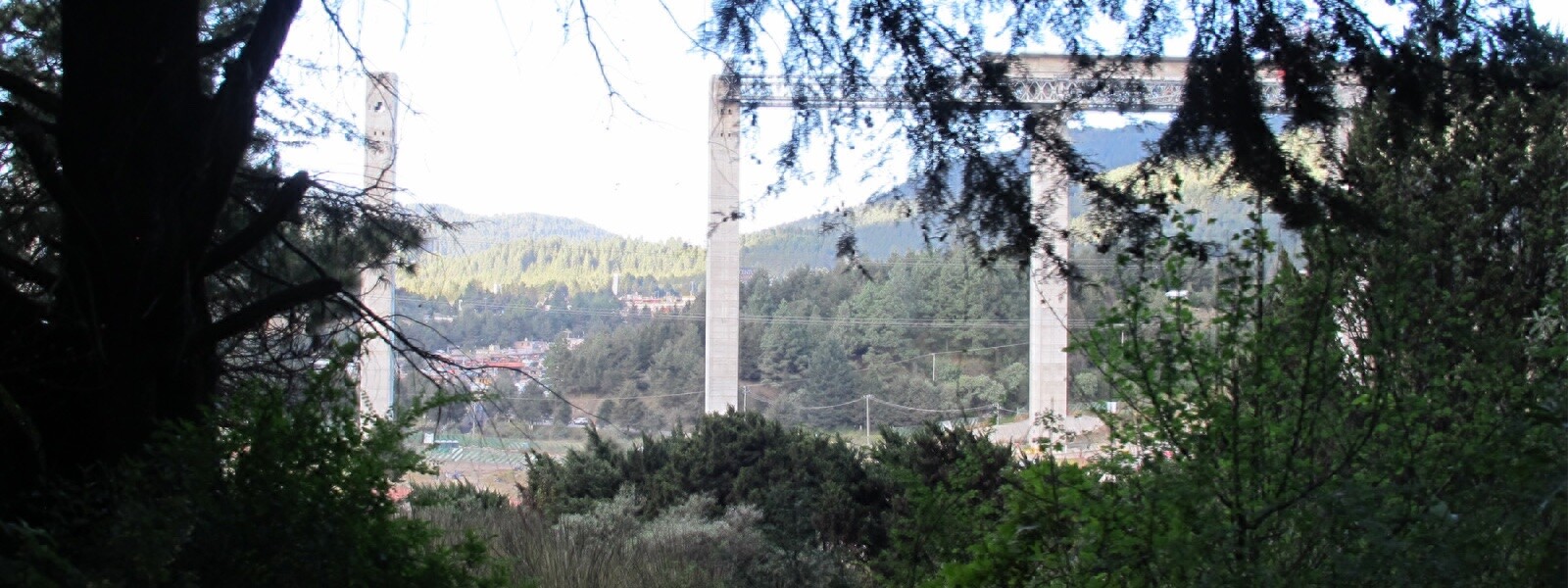A socio-territorial approach as widely discussed by Latin America-based scholars and activists is a particularly apt lens to emphasis uneven power relations in the everyday production of urban space. Moreover, a socio-territorial approach implies a particular focus on social actors in the wide range of disputed processes of territorialization in urban contexts, specifically the stark controversies over large infrastructure projects we witness today. This approach furthermore contributes to a post- and decolonial agenda by critically reflecting on the conditions of knowledge production to decentralize and pluralize urban theory.
In my project Decolonizing ecology: Contested urban territories in Mexico City and La Paz/El Alto, I examine such socio-territorial conflicts that have become central to cities of Latin America due to a range of specific conditions including the construction boom in urban infrastructure megaprojects, land reforms, and emerging urban social movements that call for a more responsible and accountable relationship with the urban natural environment. Through a systematic, comparative study of indigenous urban movements in the metropolitan areas of Mexico City, Mexico, and La Paz–El Alto, Bolivia, this research ethnographically theorizes social practices to generate and convey innovative concepts and methods. An article in Urban Geography discusses some of these findings. The research project is based at the London School of Economics Latin America and Caribbean Centre and awarded a Marie Skłodowska-Curie Individual Fellowship, funded by the European Commission.
In our ongoing collaborative research, Anke Schwarz (Martin-Luther-Universität Halle-Wittenberg) and I suggest to analyse subject formation through socio-territorial practices aiming to, for example, understand socio-spatial polarizations and the co-production of space and power. We recently published a paper on this in Progress of Human Geography. As part of this collaboration, we edited a special issue on contested urban territories: decolonized perspectives. Additionally, this innovative conceptual perspective contributes to better understand links between the rise of the Far Right in Europe and urban space as we focus on in the DFG funded scientific network Territorialization of the Far Right Terra-R. Moreover, this socio-territorial approach is useful in the thinking about borders and about border security regimes as focused in the cooperative transdisciplinary project Materialized Memories in/of the Landscape at the Zurich University of the Arts.
